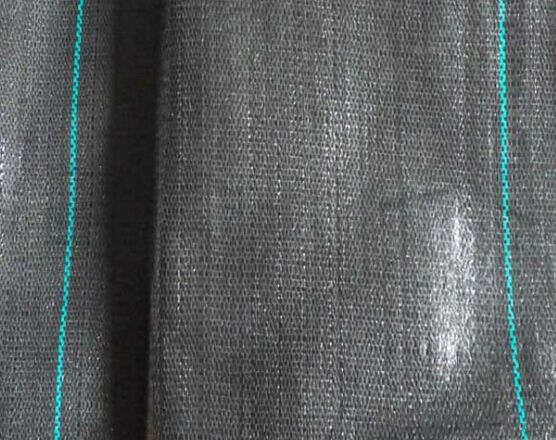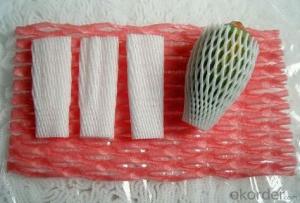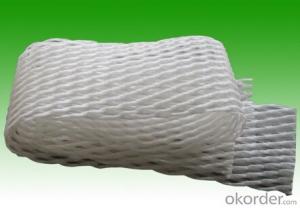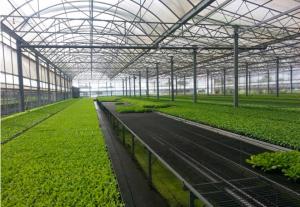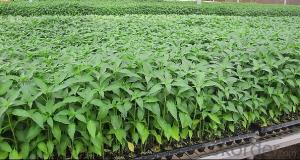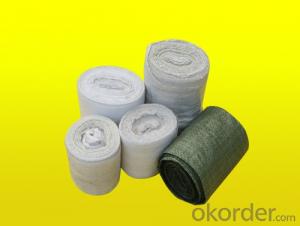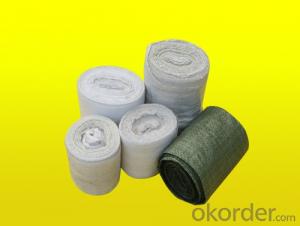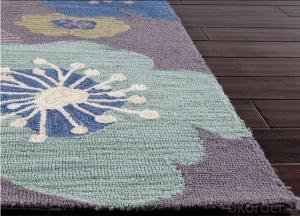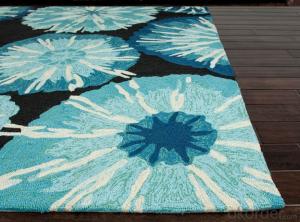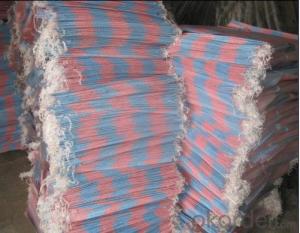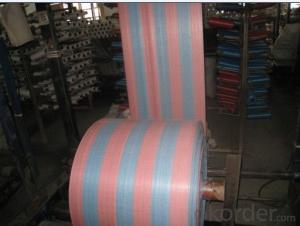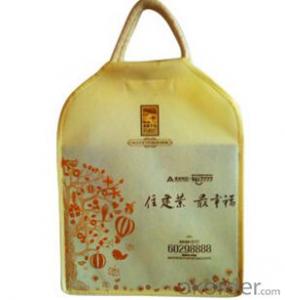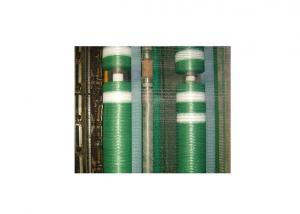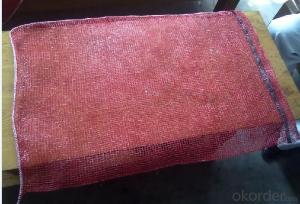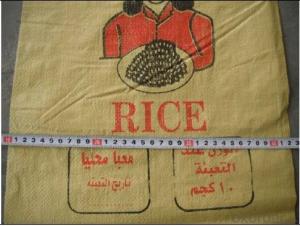Black PP ground cover in rolls
OKorder Service Pledge
OKorder Financial Service
You Might Also Like
PP rolls
• All of different specifications of PP trapaulin are available
1) Weaving Condition (mesh of weft & warp/sq.inch) : 7x7, 8x8, 10x8, 10x10, 12x12,14x14,16x16.
2) Weight : 55gram/sq.m~ 280gram/sq.m
3) Any color available
• Width : normal - 2M or 72inches (183cm)
maximum 4m width also available
• Color : Any color available
• UV,FR Treatment available
Available use :
General Cover, Construction and Equipment Cover, Covers for open-stored goods,
Covers for trucks/automobiles/boat, Lining materials for storage tanks and containers,
Lining material for irrigation Canals and grain silos, Machinery Cover, Tents, Picnic mats,
Covers for Swimming Pools and Garden Furniture etc.
Our products have been exported to all over the world. We have been committed to providing customers with quality products and good service, we sincerely hope that we can have a long-term cooperation with you.
- Q: Are agricultural plastic products resistant to mold and fungi?
- Yes, agricultural plastic products are generally resistant to mold and fungi due to their non-porous nature, which prevents moisture absorption and inhibits the growth of mold and fungi.
- Q: Are agricultural plastic products used in organic crop rotation methods?
- No, agricultural plastic products are not typically used in organic crop rotation methods. Organic farming practices focus on using natural and sustainable methods, avoiding synthetic materials like plastic whenever possible.
- Q: I have always been told that plastic is a product of petroleum! How in the heck does oil become the solid plastic used in everything?
- Plastics are polymers - typical plastic products are either polyethylene (polymer of ethylene) or polypropylene (polymer of propylene). A typical refinery for petroleum will involve a catalytic operation called FCC (fluid catalytic cracking). This reaction breaks the large organic molecules (the oily stuff) into smaller molecules like gasoline and lighter gases like ethylene. Ethylene and Propylene are byproducts of petroleum refining.
- Q: I just wanna know so when i cook i be more careful about plastic
- It depends on the type of plastic. Ignition temperatures range among any number of hundreds of degrees. Plastic Melting Point Ignition Temperature ABS 88°-125° 416° Acrylics 91°-125° 560° Cellulosics 49°-121° 475°-540° Nylons 160°-275° 424°-532° Polycarbonate 140°-150° 580° Polyesters 220°-268° 432°-488° Polyethylene ld 107°-124° 349° Polyethylene hd 122°-137° 349° Polypropylene 158°-168° 570° Polystyrene 100°-120° 488°-496° Polyurethanes 85°-121° 416° PTFE 327° 530° P.vinylideneclor 212° 454° PVC 75°-110° 435°-557° Wool Does not melt 228°-230° Cotton Does not melt 250° Rubber Does not melt 260°-316°
- Q: How do agricultural plastic products help with seedling protection?
- Agricultural plastic products help with seedling protection by providing a physical barrier that shields young plants from external factors such as pests, harsh weather conditions, and weed competition. These products, like plastic mulch films or greenhouse covers, create a controlled environment that enhances seed germination, accelerates growth, and improves overall plant health. Additionally, plastic products can help retain moisture in the soil, regulate temperature, and prevent erosion, all of which contribute to better seedling establishment and higher crop yields.
- Q: Can agricultural plastic products be used for hydroponic systems?
- Yes, agricultural plastic products can indeed be used for hydroponic systems. Hydroponic systems rely on a growing medium to support the plants' roots, and agricultural plastic products such as grow bags, pots, trays, and channels can be used to hold the growing medium and provide a stable environment for the plants to grow. These plastic products are often designed to be durable, water-resistant, and easy to clean, making them suitable for use in hydroponic systems.
- Q: as sandpaper is for wood, what is it for plastic? i want to make a piece of plastic stick or a plastic table leg for instance slimmer, what do i use for that? coz if i use sandpaper, it would destroy that shiny appearance. could we paint over that? i want it back to brand new again.
- Perhaps a blowtorch. Oh, and that's what she said.
- Q: How do agricultural plastic products affect water usage in farming?
- Agricultural plastic products can have both positive and negative impacts on water usage in farming. On the positive side, plastic mulch films can help conserve water by reducing evaporation and weed growth, thus increasing irrigation efficiency. Additionally, drip irrigation systems, often complemented with plastic pipes and fittings, allow for precise water delivery directly to plant roots, minimizing water wastage. However, the improper disposal of plastic products, such as irrigation tubing or silage wraps, can lead to water contamination and pollution. Therefore, it is essential to manage and recycle agricultural plastics responsibly to mitigate any negative effects on water resources.
- Q: Can farmers utilize recycled bioplastics for agricultural purposes as an alternative to new bioplastics?
- <p>Yes, farmers can use recycled bioplastics in their farming operations as an alternative to new ones. Recycled bioplastics can be used for various purposes such as mulching, greenhouse films, and biodegradable plant pots. This practice not only reduces the environmental impact of plastic waste but also conserves resources by reusing materials. However, it's important to ensure that the recycled bioplastics meet the necessary quality standards for agricultural use and do not introduce contaminants into the soil or crops.</p>
- Q: What are the different types of agricultural plastic films?
- The different types of agricultural plastic films include mulch films, greenhouse films, silage films, and tunnel films.
Send your message to us
Black PP ground cover in rolls
OKorder Service Pledge
OKorder Financial Service
Similar products
Hot products
Hot Searches
Related keywords

